Baby backlog: COVID-19 causes plunge in IVF donors as demand increases
A huge drop in donor sperm and egg supplies has coincided with a spike in demand for fertility services during COVID-19.
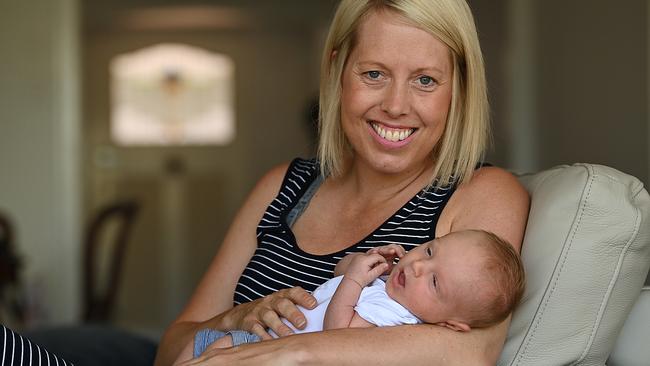
A huge drop in donor sperm and egg supplies has coincided with a spike in demand for fertility services during COVID-19, prompting concern that some Australians will be forced to delay their baby dreams.
The supply of local and international donor sperm to some clinics has fallen by as much as 30 per cent while demand has soared, causing some clinics to place would-be parents on waiting lists for the first time.
The disruption to overseas travel cased by the pandemic has also made it more difficult to transport sperm, eggs and embryos to the country, and prevented Australians from flying abroad for fertility treatment, adding to demand.
In Victoria, stocks of donor sperm have fallen by 21 per cent over a year, according to figures from the Victorian Assisted Reproductive Treatment Authority, the only body in Australia that collects official data. The state accounts for about a third of fertility treatments nationally.
There were 335 sperm donors available to assist people with fertility treatment in Victoria on July 1, compared with 424 the previous year, according to VARTA.
Queensland Fertility Group medical director Anusch Yazdani said his group of clinics had experienced a drop of about 30 per cent in its donor sperm and egg supplies, while demand had doubled during the pandemic.
Strict laws in Australia mean donors must agree to be identified when any of their eventual offspring turn 18. They also cannot get paid — only be reimbursed for “reasonable” expenses.
The laws have contributed to dwindling supplies of local donor sperm and eggs, which is one reason clinics have turned to international sperm and egg banks (although donations must still comply with Australian laws) — and why individuals have travelled abroad for treatment.
Brisbane-based civil engineer Rebecca Dubbelaar knew her path to becoming a mum was not going to be straightforward, after recovering from cancer in her 20s. But she never imagined landing in Spain for IVF treatment just as a global pandemic forced the country into lockdown.
That was in mid-March, and she and husband Mark considered jumping straight on a plane out of Barcelona — but then they probably would have missed the chance of celebrating their first Christmas with now seven-week-old baby Jacob. Ms Dubbelaar was diagnosed with non-Hodgkin lymphoma in 2006; she survived the cancer but her eggs were “fried” during treatment. She had been advised, based on the technology at the time, to freeze embryos — but she had only just started dating her now husband.
“We were not really ready to be having those conversations,” Ms Dubbelaar said.
The couple tried for 5½ years to conceive with eggs donated by a generous friend, but eventually, their specialist suggested seeking a donor overseas.
Last year, they moved to Britain so they could access fertility treatment in Spain, where egg donors remain anonymous and the culture is different.
“In Spain, it’s almost celebrated to be an egg donor. You’re looked upon by society as a fantastic human being,” Ms Dubbelaar said. “People still really struggle with it here, and perhaps see it as their own child, when it’s not.”
When a COVID-19 state of emergency was declared, the clinic managed to pull her IVF transfer forward. The couple then drove straight to Portugal, flew to London, and by the next night, worried about the rising number of virus cases in Britain, they boarded a plane to Australia. Six or seven days later, Ms Dubbelaar found out she was pregnant.
“We’ve now got our beautiful son Jacob,” she said. “Having the baby is everything I imagined and more — he is just fantastic … After all the stress that happened to get him, he’s an easy baby.”
Ms Dubbelaar said the couple’s remaining embryos were still in storage in Spain.
“I would do it all again, if the borders were open,” she said.
VARTA chief executive Louise Johnson said increasing demand for donor sperm in Australia, especially from single women and women in same-sex relationships, was outstripping supply.
“All of the sperm that’s in storage from donors is being used up really quickly,” she said.
The lockdown had made it harder for some people to donate, while travel restrictions had made it more difficult to find donors. Some clinics now had a waiting list for sperm donors for the first time.
“Overall, at the moment it’s really quite challenging for people who need a donor for fertility treatment to find one,” she said.
Dr Yazdani said COVID-19 had triggered an “absolute boom” in pregnancy and assisted reproduction. “People have seen both the value of family and relationships, and there is an increased capacity to spend in some quarters because people are not spending money overseas,” he said.
He urged people to consider donating. “This is the most wonderful gift that anyone can give to someone,” Dr Yazdani said.
Monash IVF group medical director Luk Rombauts said that, in the US, many medical services had been shut down, which had contributed to the reduction in international supplies.
VARTA found the largest group of women treated with donor sperm were single (54 per cent), following by those in same-sex relationships (32 per cent), heterosexual relationships (13 per cent) and other (0.4 per cent).

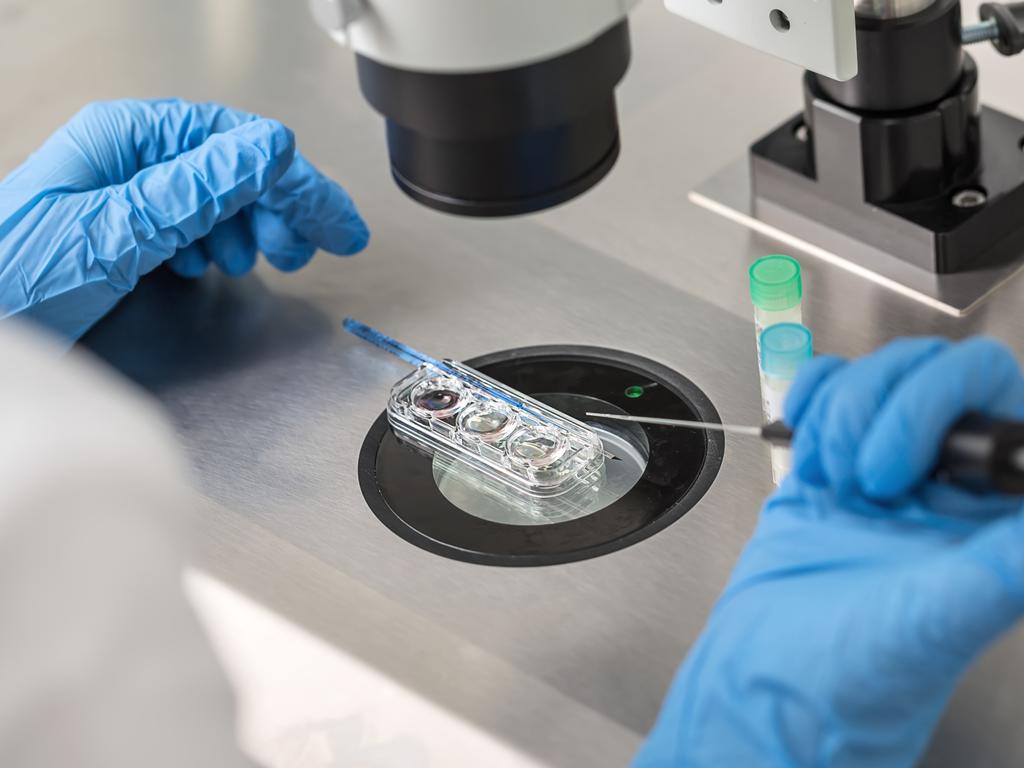


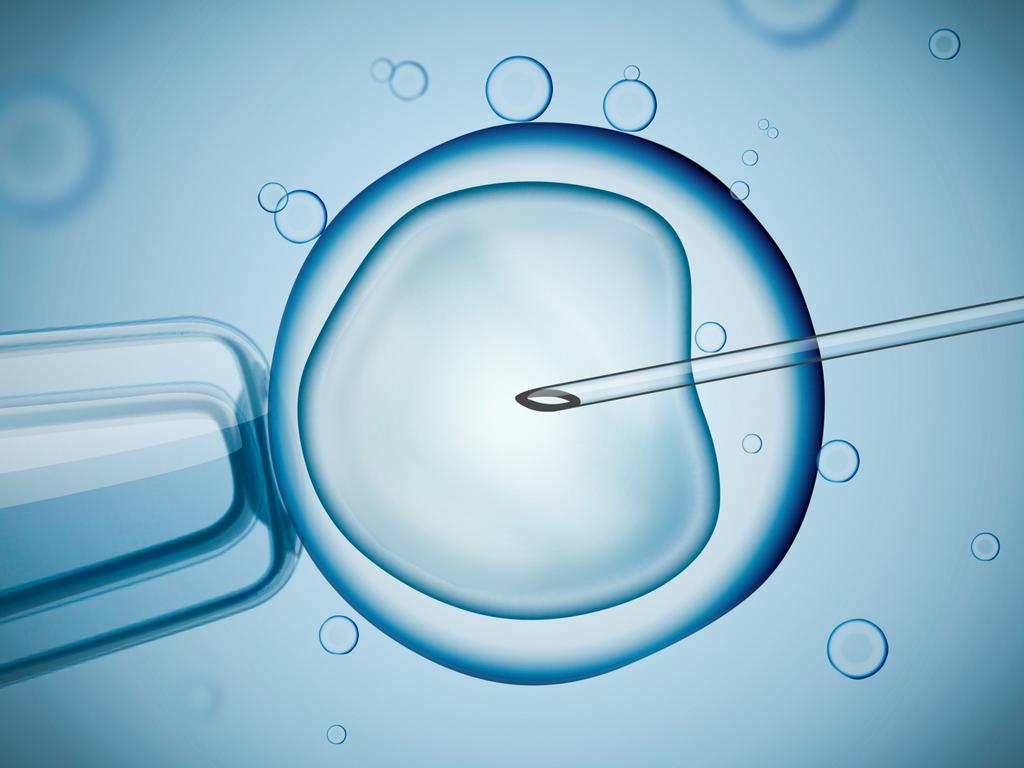
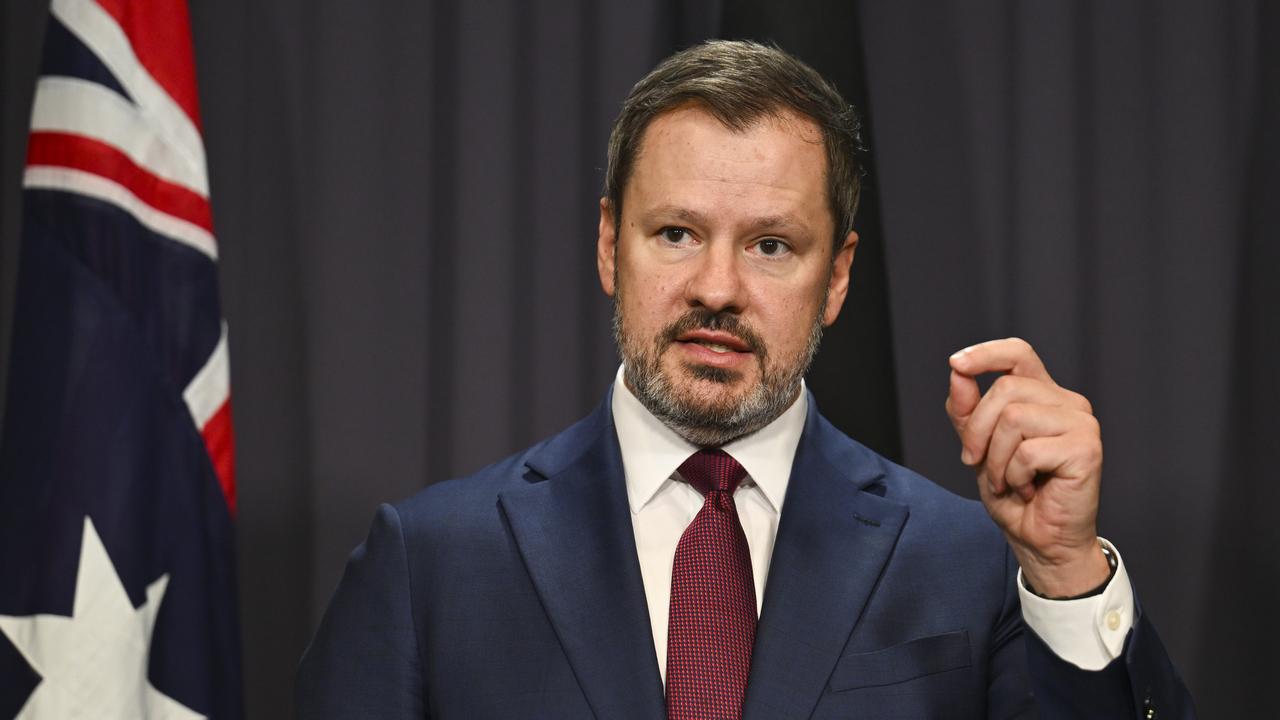
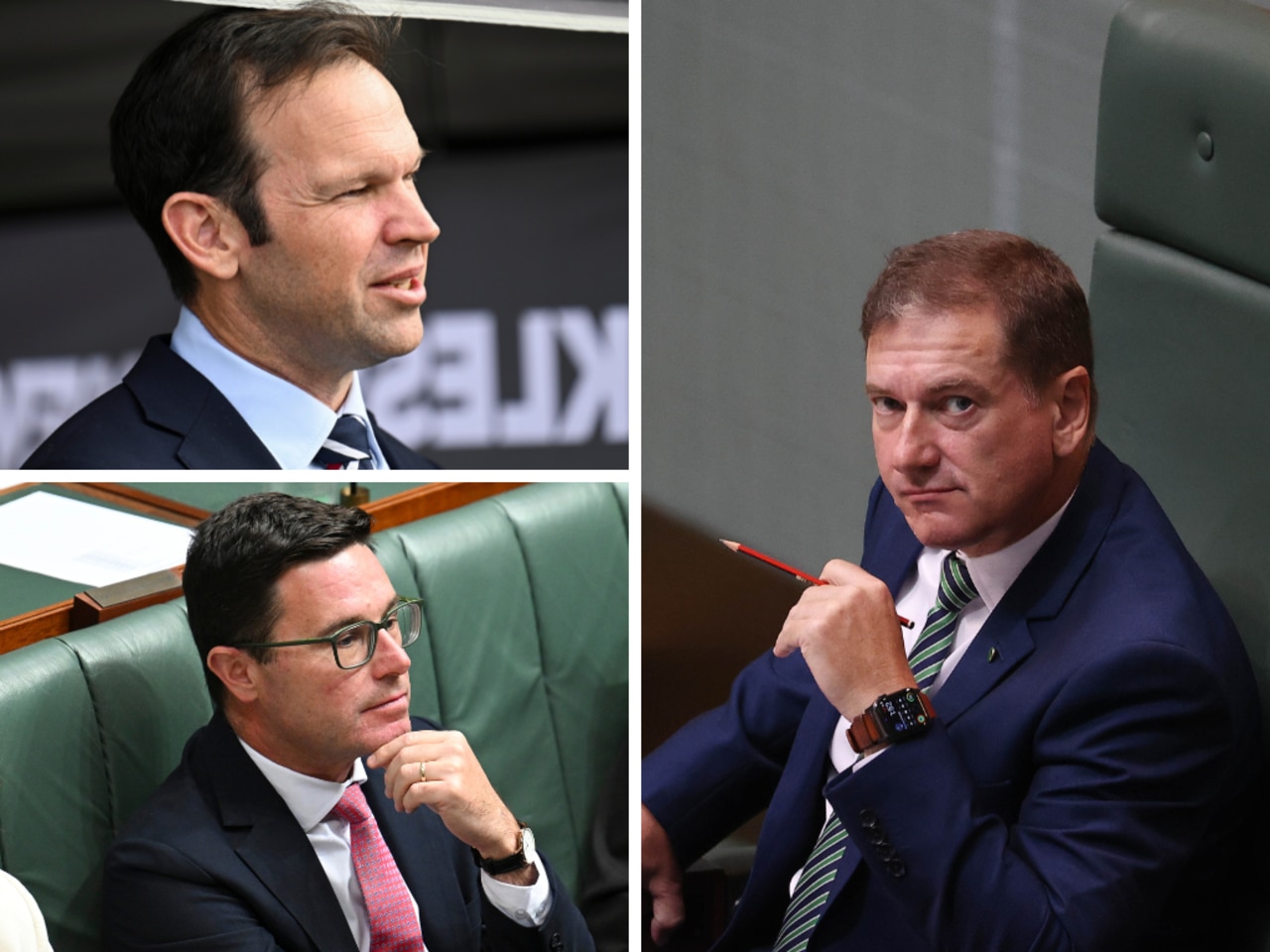
To join the conversation, please log in. Don't have an account? Register
Join the conversation, you are commenting as Logout